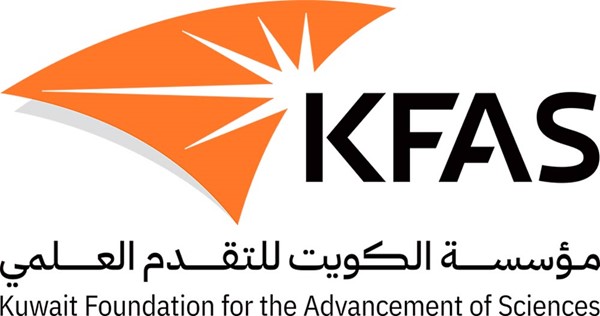The Kuwait Foundation for the Advancement of Sciences (KFAS) organized a lecture entitled “Aerobic and Vertical Farming Techniques to Enhance Food Security in Kuwait.”
The lecture reviewed the results the pilot projects funded by the Foundation, which aimed to enhance food security in Kuwait. BeOrganic implemented the project using aerobic cultivation techniques and experimented with it on a farm with vertical towers in the Al-Wafra area, which showed encouraging results compared to traditional farming.
Approximately 95 participants attended the lecture, including representatives from the Public Authority for Agriculture and Fish Resources, the Public Authority for the Environment, the Union of Cooperative Societies, the Farmers Union, Kuwait University, the Kuwait Institute for Scientific Research, the Ministry of Education, the Kuwait Municipality, and the Ministry of Works, as well as private sector representatives such as owners of farms and restaurants.
During the event BeOrganic presented a visual presentation of its experience in using this technology in one of the farms in Wafra. M. Rashid Borazk indicated that this is an advanced American technology that combines two advanced farming methods: vertical farming, which allows for growing more crops in less space through vertical towers, and aerobic cultivation, which does not require soil (Aeroponics) and suspends the roots of plants in the air, providing proper ventilation and required oxygen.
Eng. Mahmoud Jumaa indicated that the study included the construction of 140 towers that spanned an area of 300 square meters, which produced about 9,200 crops, with an average harvest cycle within a month. The results of the project proved that the technology could provide higher crop productivity by up to 800% per square foot per year, compared to traditional field farming, while using less water by up to 92%, without the use of pesticides, minimal labor and maintenance requirements.
Jumaa added that the technology uses a pump to supply all crops with a 100% natural mineral solution as a source of food. He also stressed that it is a fully automated and advanced technology that enables crops to be grown throughout the year, even considering the harsh climate in Kuwait. It can also be used in residential, commercial, investment, and other buildings.
Dr. Khawla Al-Shayji, Deputy Director General of Strategic Programs at KFAS, indicated that food security is one of the national research priorities that the Foundation’s current strategy for 2022-2024 focuses on. The Foundation recently launched a call to submit research proposals and innovative solutions to address these challenges, based on activating its role as a major catalyst in sustainable development, within the state’s plan to achieve Vision 2035.

















